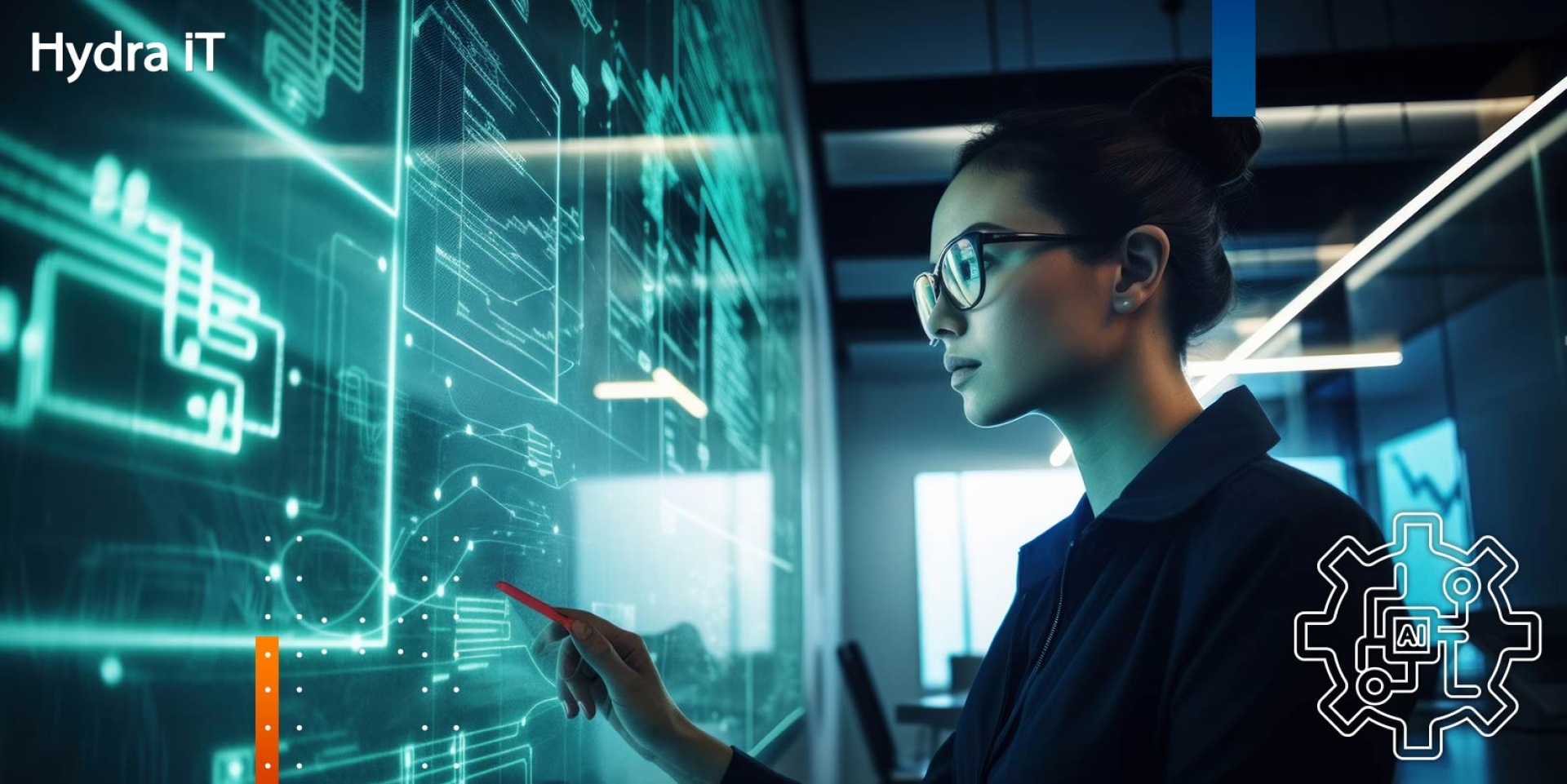Implementing Artificial Intelligence tools in the workplace has positive effects on companies and employees, such as increasing employee performance, simplifying human resources operations, improving the employee experience, and promoting collaboration between teams.
Benefits of AI in the workplace
Using artificial intelligence in a business setting can benefit both employees and the organization, resulting in better performance, cost optimization, new job opportunities, and a better work experience.
Data-driven decision-making improves human impact at work and organizational performance. Managers can spend more time mentoring and looking after their teams, salespeople can devote more time of their working day to building relationships with customers and closing deals, and marketing professionals can find time to devise new products.
Intelligent automation leads to a greater focus on higher-value work, such as problem-solving, creativity, and interpersonal communication, and a cost reduction of 21% to 30%, according to Bain & Company's The Augmented Workforce 2023 Report.
The World Economic Forum has estimated that, by 2025, automation based on AI could create 97 million new jobs in various professions such as data analysts and scientists, business development professionals, digital transformation specialists, etc. At a time when there is great concern that AI will take away jobs, the data revealed the opposite: employees are more eager for AI to lighten their workload than they fear job losses.
Workers who use AI in their daily lives believe that they can reallocate their time to creative activities instead of spending most of their time on repetitive tasks, thus increasing their satisfaction and productivity.
The adoption of AI-based analytics helps minimize human biases and their impact on workplaces and careers, as it is easier to make data-driven decisions.
AI promotes diversity and inclusion in the workplace, enabling data-driven skills assessments and hiring based on candidates' actual skills.
AI protects work from operational risk in industrial settings through anomaly detection and predictive maintenance, minimizing the likelihood of failures and consequent disasters. It can also identify signs of fatigue or psychological discomfort to trigger specific support initiatives.
Challenges and guidelines for the adoption of AI in the workplace
Implementing AI solutions can have a big impact, but it can also be time-consuming and financially demanding due to processing capacity requirements and long algorithm training times. Deciding whether AI represents a better option over conventional technologies is essential to making its adoption worth the effort and investment, maximizing ROI, and ensuring stakeholder and executive buy-in. AI can be used to automate repetitive tasks, make decisions based on data, improve the customer experience, and promote collaboration between teams.
- Data privacy and security
AI solutions can handle sensitive information, such as financial transaction data, intellectual property, or trade secrets, which can become the target of fraud, hacking, and breaches. Companies therefore need to be protected with cybersecurity features such as identity and access management, multi-factor authentication, user activity monitoring, and encrypted data exchange using cryptographic protocols. AI can also protect employee data, for example by detecting fraud and preventing data breaches.
As AI transforms work, collaboration between humans and AI will be the next standard of transformational work - and the ability to work iteratively with AI will be an essential skill. Copilot is the Microsoft tool that has emerged to unleash creativity, unlock productivity, and improve the skills of all workers who use it. Those who treat
Copilot not as a search engine, but as a highly capable, infinitely patient, and always-available assistant, will gain the most.
Explore this tool with
Hydra iT!
